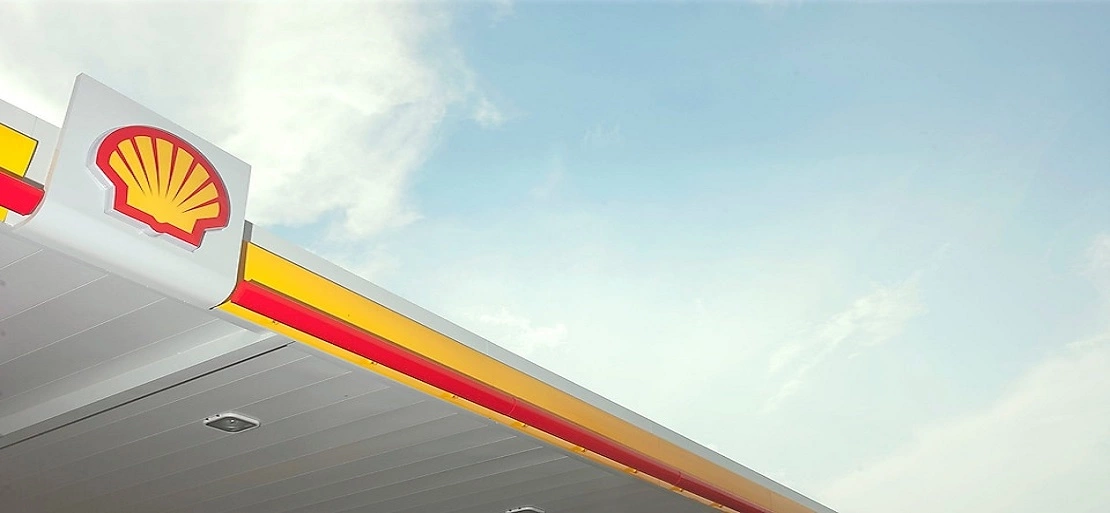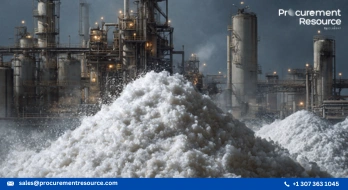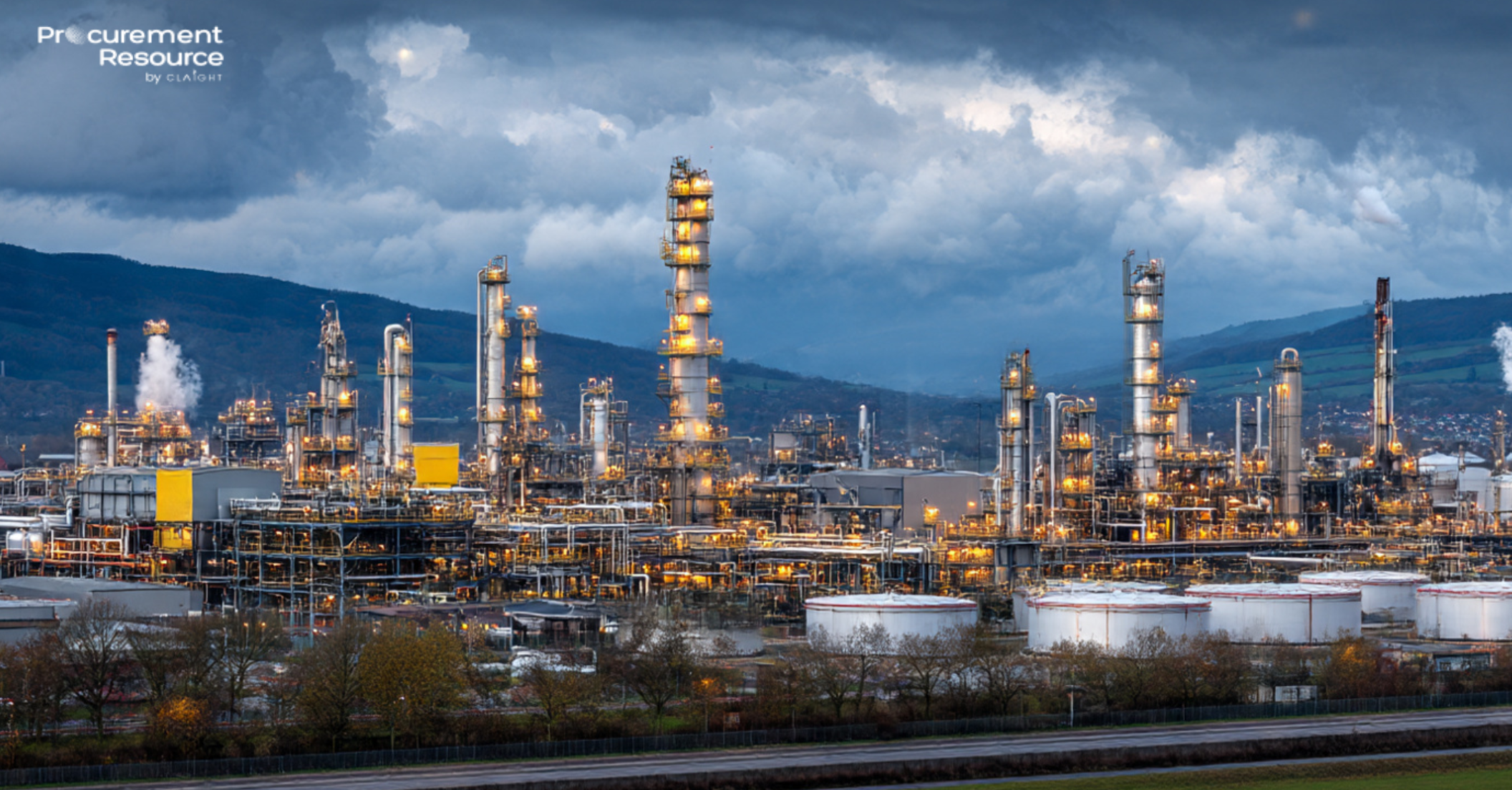Shell has Concurred to Sell its Merchandising Operation in Russia to Lukoil

Shell Neft, the industry's Russian division, will indeed be acquired for an arbitrary amount. After Russia annexed Ukraine, numerous Western petroleum & energy companies attempted to liquidate their Russian operations. According to Shell, the agreement of 411 service stations will safeguard 350 jobs.
The fluids combining factory situated 200 kilometres north of Moscow has been included in the transaction. After the government, Rosneft, Exploration and production become Russia's world’s most significant oil. Due to the general aggression of Ukraine, Shell announced in February that this would sell its Russian assets.
It reported unprecedented quarterly earnings earlier in the month, as energy firms stand to profit from increasing oil and gas prices. Shell generated USD 9.13 billion during the first three months of this year, nearly tripling its USD 3.2 billion revenue from the same timeframe last year. Meanwhile, the firm says that abandoning Russian deals cost them USD 3.9 billion, such as the disposal of its shares in all strategic partnerships with Russian state energy company Gazprom.
As per Huibert Vigeveno, Shell's downstream director, over 350 workers currently working by Shell Neft would transfer to the current buyer of this business. The purchase of Shell's elevated enterprises in Russia matches well into Lukoil's vision to expand its priority sales avenues, particularly retail and the lubricating division, said Maxim Donde, Lukoil's vice president for petroleum products development.
Power companies were put under immense pressure as the turmoil in Ukraine emerged, as governments-imposed restrictions and prohibitions on Russian oil and natural gas in the weeks following the capture.
BP owns a significant share in Russian energy powerhouse Rosneft, but somehow it revealed its operation would be decided to split just after few when the war was begun.
Falling into line, Shell, ExxonMobil, and Equinor disclosed plans to reduce significant Russian interests in response under stockholder, governmental, and social opinion. All Energies, other major Russian participant, has declared that this would not build future projects across the country, but does not relinquish investments, apart from its competitors.
Russia is the world's leading producer after Saudi Arabia and the United States. As per the Center of Research on Energy and Clean Air, despite massive penalties and several countries decreasing their dependence on Russian oil, Russia has roughly doubled its biweekly paycheck from exporting fossil fuels to the EU.
Since the beginning of the conflict, the EU has acquired over EUR 22 billion (EUR 19 billion) of fossil energy from Russia every month, as gasoline prices have surged, compared to nearly EUR 12 billion (EUR 10.2 billion) per month in 2021.
Global corporations who have acknowledged limitations in existing company operations in Russia have started to recognise the associated losses. The Lukoil merger is among the first times an international corporation, Shell of the United Kingdom, has been allowed to advertise its Russian assets. The acquisition is still awaiting confirmation from Russia's pro-government authority.


.webp)
